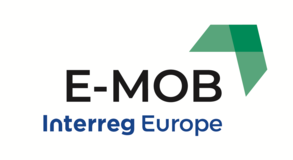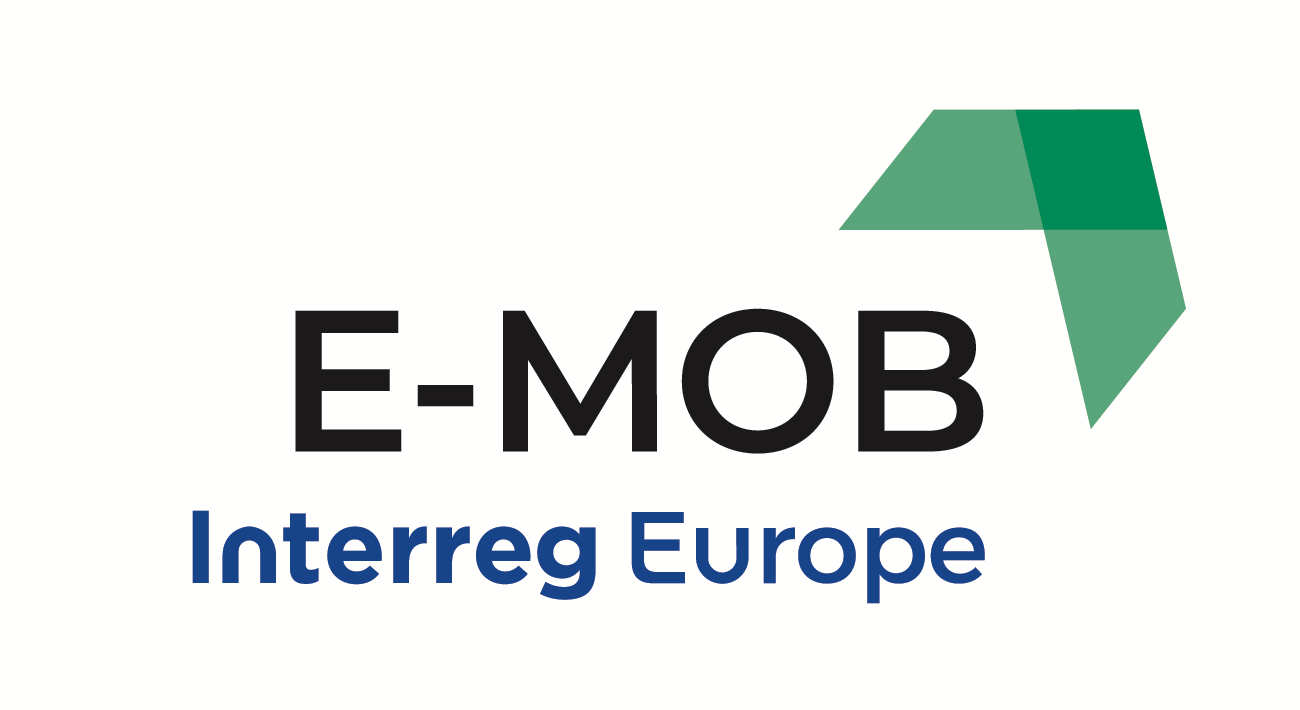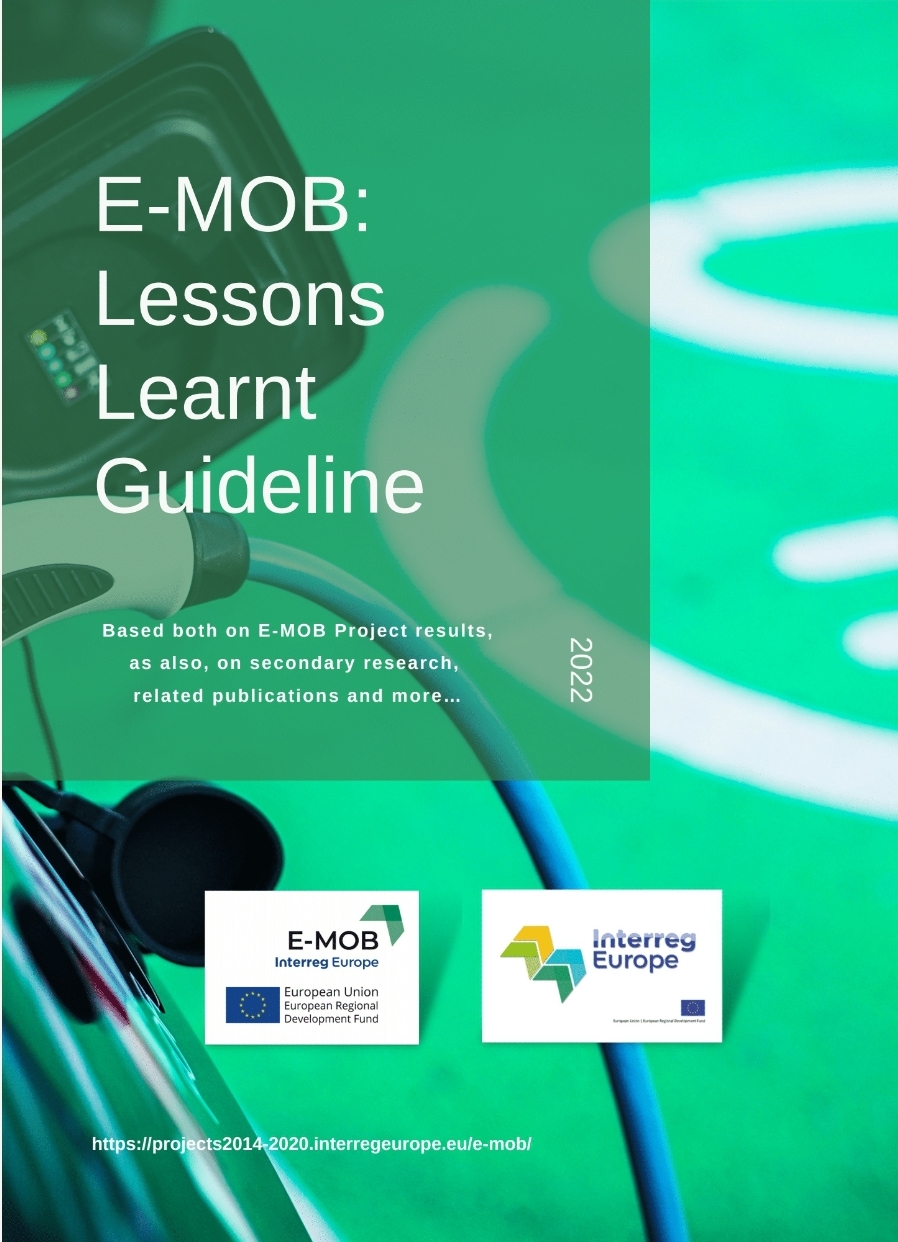The last peer review for the 3rd semester was held online and hosted by our project partner Paks. The theme of the peer review was Local E-Bus System deployment, smart grids , and e-mobility in Hungary. During peer review, several good practice examples were presented and discussed by the experts that were provided by other project partners: FHV, RDA Centru, and Cieza.
One good practice example was E-taxies that are purchased by the Municipality and leased to taxi operators providing for a short return time on the investment and cheaper transition for taxi companies. Taxi operators pay a fee based on the fuel consumption of a conventional car thus repaying the investment cost to the Holding over time as the operation of the electric vehicles is cheaper than cars with an internal combustion engine. The investment should have a very generous payback time of around 4-5 years based on an average yearly mileage of around 60,000 kilometers.
Except e-taxies, on peer review was presented also smart grids. Smart grids are gaining ground in Europe and are yet to reach their full potential. The Municipality of Paks is set on a mission to implement an integrated system, that controls the flow of electricity from RES capacities based on the current load to feed to the grid or store the energy in batteries, either balancing the grid by matching the supply of RES-generated energy to demand, or generating economic benefits to this project as stored energy can be sold during peak load, or alternatively, can be used in transportation. This is an integrated approach linking together electricity generation and transport aspects: the company operates electric vehicles and deals with electricity generation, storage, and trade. A satellite company, the Paksi Közlekedési Ltd. will operate transport interfaces in the city.






